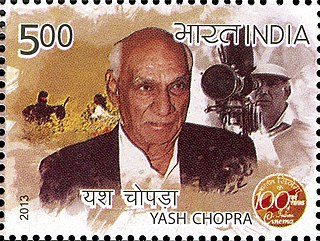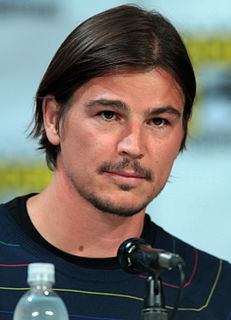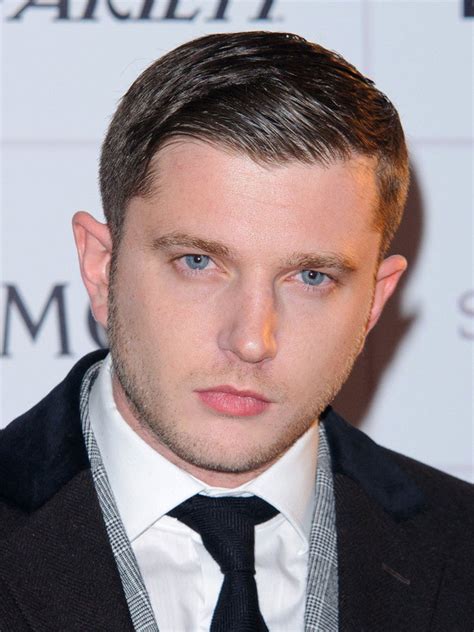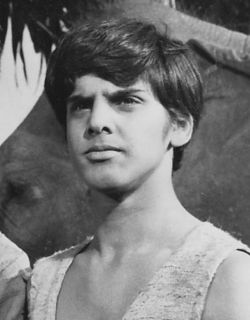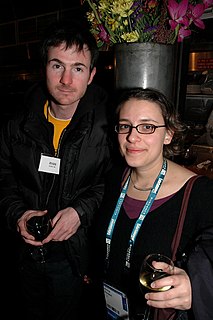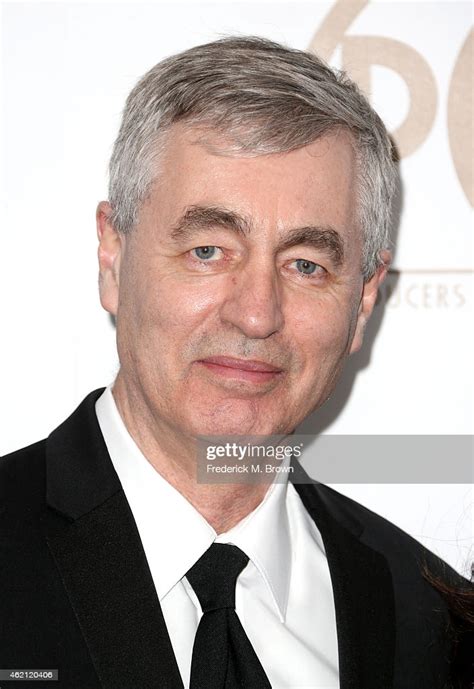A Quote by David O. Russell
I was frustrated because I couldn't get going, as I was trying to figure out how to make films. I had various jobs, I taught a SAT class, I was a bartender, I had a day job at an office and was making short films.
Related Quotes
I had various jobs, I taught a SAT class, I was a bartender, I had a day job at an office and was making short films. I got grants from NYSCA and NEA for an idea, which later became 'Huckabees,' about a guy in a Chinese restaurant who had microphones on every table and heard every personal conversation and would write perversely personal fortunes.
Films have been my only passion in life. I have always been proud of making films and will continue taking pride in all my films. I have never made a movie I have not believed in. However, though I love all my films, one tends to get attached to films that do well. But I do not have any regrets about making films that did not really do well at the box office.
See, the first thing about actors is, you're just trying to get a job; and you audition and audition and you finally get them. And you still consider yourself an auditioning actor. I auditioned for One Fine Day, I wasn't offered that. So you're still in that 'Hey, I'm just trying to get a job' thing. Then, you get to the point where, if you decide to do it, then they'll make the film. That's a different kind of responsibility, and it usually takes a couple of films to catch up. And then you have to actually pay attention to the kind of films that you're making.
We had to get out of Chicago so quick. Election night happens, suddenly I'm talking to Ben Bernanke and Hank Paulson and trying to figure out whether the world's going to fly apart, and Michelle is trying to figure out where the girls are going to go to school. And we pack up and leave and basically our house in Chicago just became like a time capsule. My desk in my home office still had stacks of articles and bills and stuff from 2008.
You learn so much from making mistakes, not even necessarily mistakes that I've made, a lot of the time the films just don't work out because it's a really difficult process. And sometimes there's a certain person underlining process. But I've had an opportunity to work on all different types of films and I have had a lot of opportunities to stretch myself in different ways and now is the time where I get to try and figure out out the roles that I can really play well and play them well.
The problem with working with a record label is they maybe a song I want to make a video for that they will refuse to make a video for because they don't see that song as a single. And I found that very frustrating. I realised what I was doing was making these short films for the blind. They were films and all you had to do was put some headphones on and close your eyes and listen to my voice and you'd be able to visualise the images that I'm putting into your brain. And so I started calling what I was doing 'films for the blind'.
I was a bartender in New York and I overheard this girl saying she made $3000 doing a commercial. A kid at work told me, 'Hey, I know this director and he'd really like you!'. So I walked into this guy's office and was like 'I was thinking maybe I could make $3000' and he hired me for commercials, short films, like 15 jobs in a row.
I've always been such a fan of short films - in fact, I never considered that I would actually make a feature. I just thought I wanted to make shorts for the rest of my life. They are a lot harder to have shown and a lot harder to find and see as an audience, but I don't know. It's just a form that I really love. I was just making them for the process, but ultimately, I did get them into festivals, and they did end up on television, and they had as much of a life as short films can.
For most of my films, I've had to go out and start shooting before I could get the rest of the funding. That was the case with 'Hoop Dreams,' 'Stevie' and 'The Interrupters:' We started them quietly out of Kartemquin Films, only really going to funders once we had something to show and a firm idea of what the film might be.



